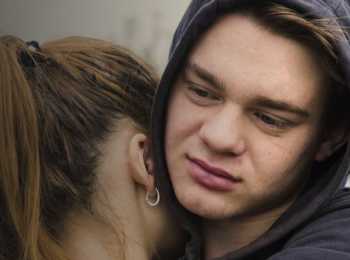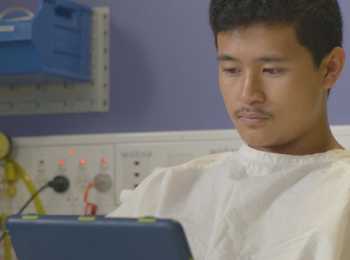Contents
Part 3
Glossary (decode the medical jargon!)
Where to get more information and help
Beyond cancer
An experience with cancer can leave a unique impression on a young person and their whole family.
Some people might want to talk about it a million times. Some people might feel uncomfortable talking about it at all. Other people will want to put it all behind them.
It doesn’t usually help to put pressure on someone to be a certain way or to ‘move on’ after a particular amount of time. The best you can do is just continue to check in on how they’re going and listen to them talk if they bring it up.

Sometimes friendships change
Some friendships will grow stronger through an experience like this.
A lot of people say that a crisis shows you who your true friends are. But other friendships will drift apart and some might end.
Your friend has gone through a big life-changing experience that will affect them in a lot of ways. They might develop a new perspective on life and think different things are important now.
You will also develop new interests and ideas as you grow up and change and you may get to a point where you realise you don’t have that much in common anymore.
It can be really sad when friendships end, but it’s not necessarily anyone’s fault. Be forgiving and remember that friends will come and go throughout your life, cancer or no cancer.
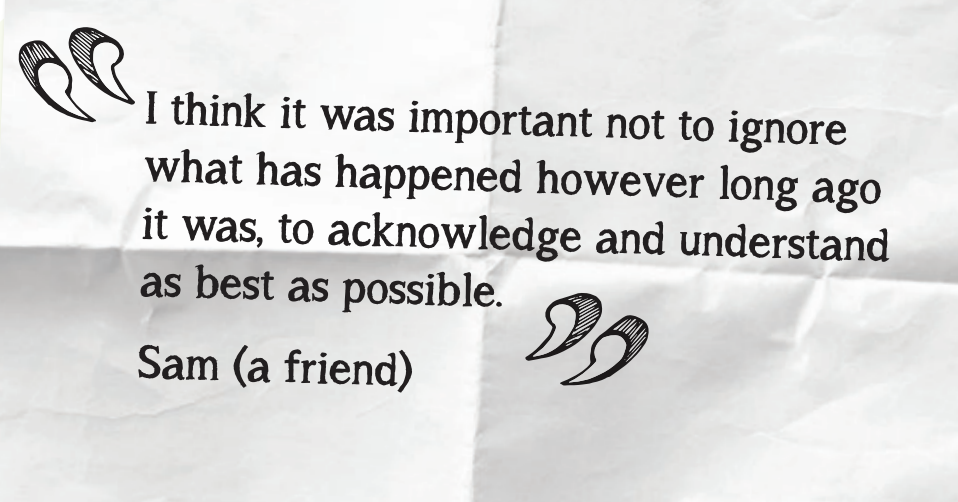
Glossary (decode the medical jargon!)
Benign: A tumour that is not cancer and is unlikely to spread.
Bereaved: A person who has a loved one who has died.
Biopsy: The removal of a small piece of tissue from the body to look at under a microscope.
Cancer: A general term for over 100 diseases that have uncontrolled growth and spread of abnormal cells.
Carer: A family member or friend who looks after someone who has a chronic illness (like cancer) or disability.
Chemotherapy or “chemo”: The use of special drugs to treat cancer by killing cancer cells or slowing down their growth.
Chronic illness: A medical condition that is permanent or lasts for a long time.
Counsellor: A professional who is trained to give emotional and practical support to people who are going through tough times.
Diagnosis: The identification of a disease.
Malignant: A tumour that is a cancer.
Metastasis: A cancer that has spread to another part of the body. Also known as a secondary tumour or cancer.
Oncologist: A doctor who is a specialist in treating people with cancer.
Palliative care: Treatment that focuses on relieving side effects or symptoms of a disease, but will not cure it.
Prognosis: The likely outcome of a person’s disease. Cancer has a different outcome in every single case.
Psychologist: A professional who helps with emotional and mental well being.
Radiation therapy or radiotherapy: Treatment using X-rays to kill cancer cells, stop them growing or reduce pain.
Relapse: The return of signs of cancer after a period when it seemed to be gone.
Remission: When there are no signs or symptoms of active disease.
Side effects: Problems caused when cancer treatment affects healthy cells in the body
Social worker: A professional who provides information as well as emotional and practical support for someone who is going through difficult times.
Surgery: An operation to remove or repair a part of the body.
Symptoms: Signs of an illness, such as pain, fever or nausea.
Terminal: When a disease can’t be cured.
Transplant: The replacement of tissue with tissue from the patient’s own body or from another person.
Tumour: Abnormal growth of cells that clump together and crowd out normal cells.
X-ray: A type of high-energy radiation. In low doses, X-rays are used to spot diseases by making pictures of the inside of the body. In high doses, X-rays are used to treat cancer.
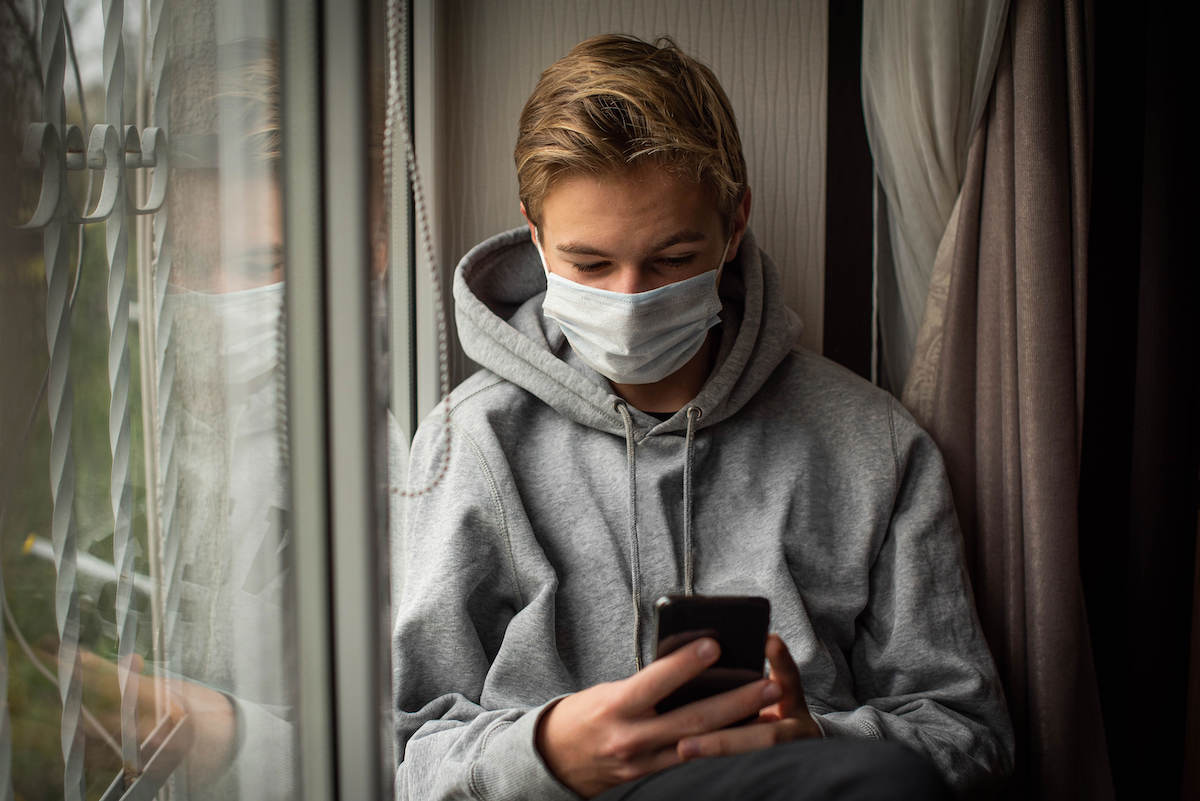
Where to get more information and help
Information and support services for your friend: canteen.org.au Canteen helps young people cope with their own cancer or cancer in their family, you can find more information on how to support a friend dealing with cancer.
Visit canteen.org.au to join our online community, get some answers and chat to a counsellor if you want to. You can also email [email protected] or call 1800 945 215.
This site is especially for young people with cancer and their families. It provides information and links to services for patients throughout Australia. canceraustralia.gov.au
Information and resources provided by the Australian Government, including the Cancer - how are you travelling? booklet: canceraustralia.gov.au/ publications-resources/cancer-australiapublications/cancer-how-are-youtravelling
The Cancer Council provides information and support to families dealing with cancer. Access the Cancer Council in your local state from this national website. redkite.org.au Redkite provides a range of services for young people (aged 0-24) with cancer and their families. They provide emotional, financial and educational assistance.
Camp Quality provides free recreation programs and other support for children (aged 0-14) who have cancer and their siblings.
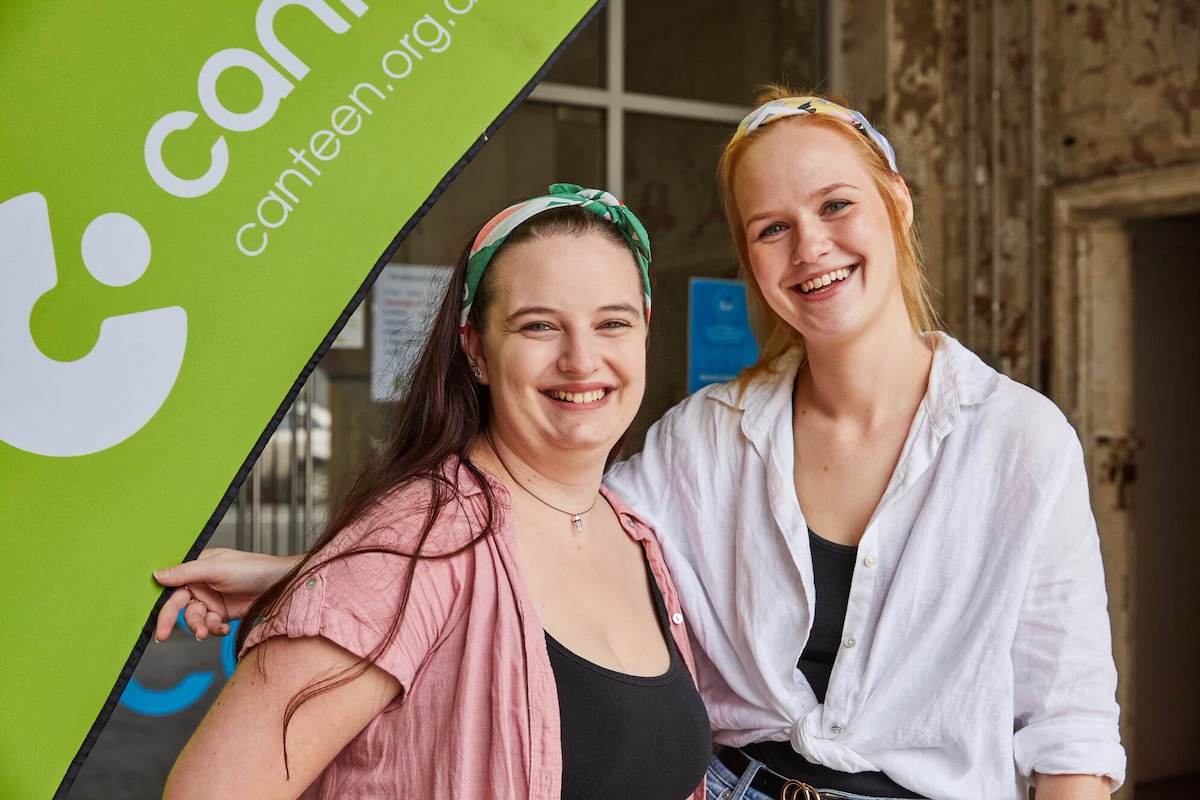
Useful Phone numbers
Canteen 1800 945 215
Cancer Council Helpline 13 11 20
Kids Helpline 1800 55 1800
LifeLine 13 11 14















